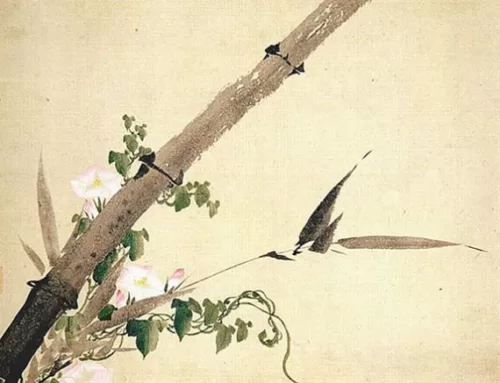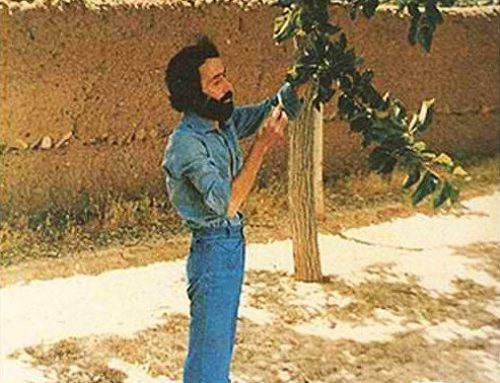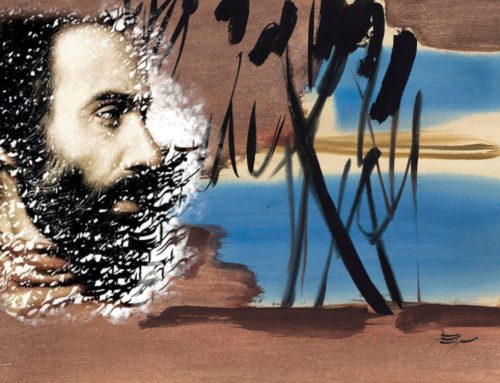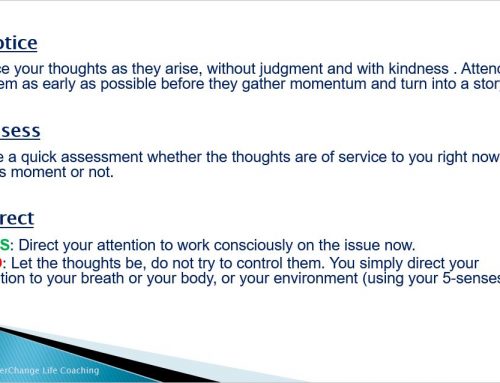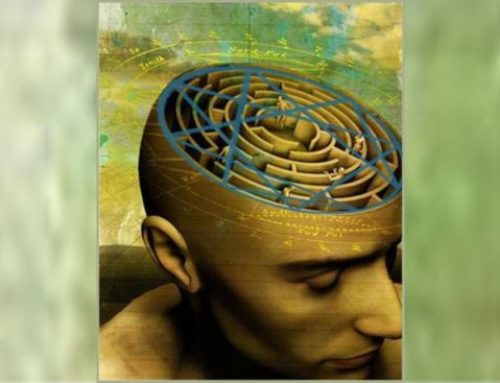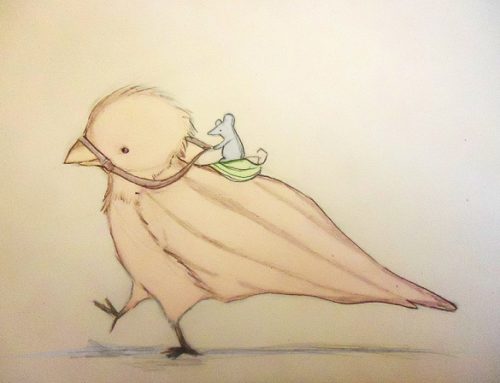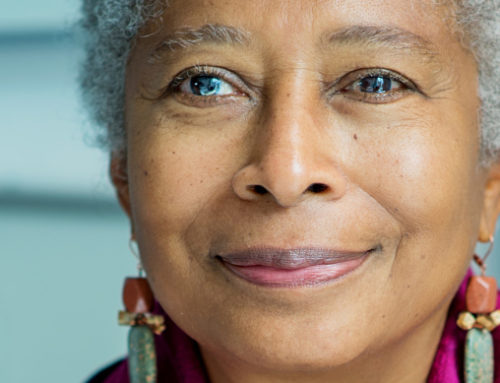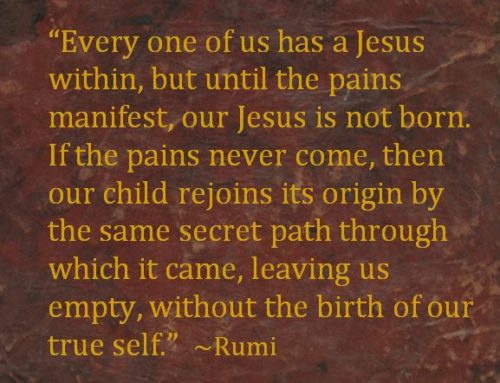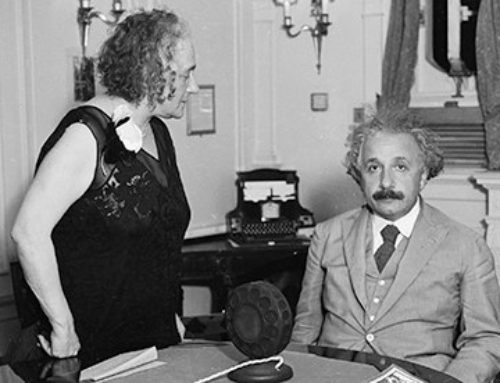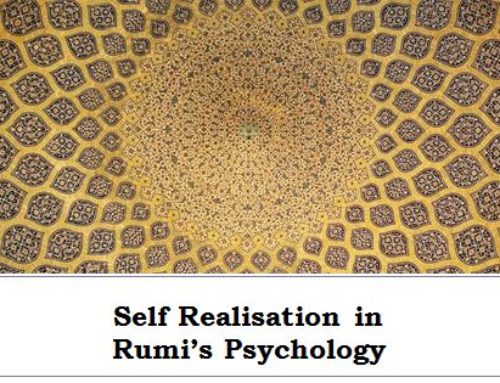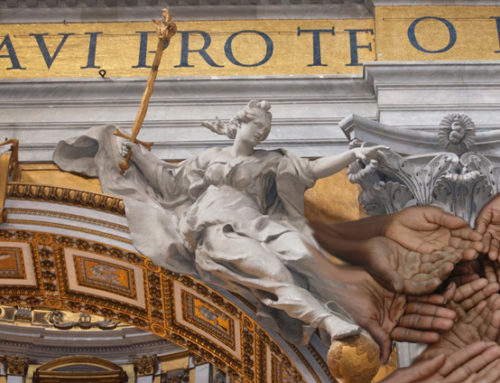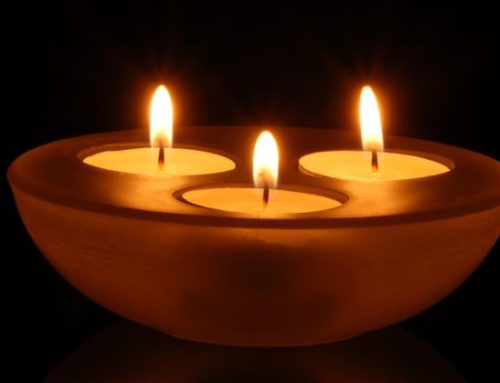Live “In” the Moment; Not “For” the Moment

We can seek happiness and strive to live a happy life for example by the motto “live for the moment”. But we all know that the next downturn is just around the corner. However, if we let go of seeking happiness and instead learn to live in the moment, then joy and happiness can follow. This is not necessarily in the form of having constant fun but in the form of having fun living a fulfilling, meaningful and responsible life.
After a recent conversation with a client regarding the qualities and benefits of being mindful and present, I felt the need to highlight the differences between living in the moment (which is being present) and living for the moment (which is its ego imitation). So I’d like to share below an excerpt from one of my previous posts on this topic.
There are major yet subtle differences between living in the moment and living for the moment. Many people mistake being present; which is a fundamental truth principle; with living a hedonistic superficially happy life. Living a fun, goalless, disorganised, undisciplined life is not living in the now. It is neither the kind of life characterised by the “Work hard, play hard” motto. It is not the unconditional acceptance promoted by some New Age schools that leave one ending up a passive push-over, accepting of whatever may be forced upon them. In fact hardly anyone can go on living for long in such ways without becoming addicted or depressed, or suffer other physical and/or mental health issues
To avoid any misunderstandings, let me clarify that there is nothing wrong with being happy and having fun, in fact it is our innate right as human beings to be joyful. As Rumi says:
We made a pact;
… joy and I,
that joy is all mine!
Similarly acceptance and surrender to the universal will is fundamental to one’s spiritual growth. The point is to be mindful and awake not to mistake the ego imitation versions of joy and will with the real ones. Living in the now transmutes our copper versions of joy and will into their authentic gold–which will also bring along true purpose and action in one’s life. Rumi says:
This way, you won’t be the Moon, just a dust cloud,
This way, you won’t be gold, just copper.
Living in the moment or in the now is what Rumi and other wisdom masters advise. Living for the moment–despite its deceiving appearance–is really mind stuff. It is an example of ego-self trying to figure out how to be present, hence creating an imitation version of it.
Rumi divides people into four types with regards to their attitude towards past, present and future; and the corresponding mindset they adopt. This grouping clearly illustrates my point:
Some people see the beginnings of things, and some look to the end. Those visionaries possessing foresight are great and mighty; they consider the end goal or the world beyond.
But those who see the beginning are greater. They say, ‘Why look to the end? If wheat is sown in the beginning, barley will not grow. If oats are planted, you cannot reap corn.’ So their gaze is fixed upon the beginning.
Still there are others even greater yet, who look at neither the beginnings nor the endings. The start and finish do not enter their minds; they are absorbed in Truth.
There is yet another group who see neither the beginning nor the end. They are absorbed in worldly matters out of ignorance and extreme carelessness—they are the astray ones, burning away valuable life. [Discourses of Rumi ]
It can be seen from the above that the highest ranking are the seekers of the truth who practice living in the now. Their life is guided by their inner truth which is increasingly more in touch with the universal truth. The more advanced they are on the path of self-knowledge, the more frequently they experience absorption in presence. They are not worried about past and future, reward and punishment, or even death; their only concern is not to lose touch with the truth or reality of the moment:
The people of faith are in fear of their last breath;
My fear is losing You,
oh the King of faith, do not leave!
The second are the group with their gaze at the beginning or the past. They are in full acceptance, believing we reap what has been sown already.
The third is the group of foresight, with their focus on the future. In secular terms they could be considered as goal setters and outcome oriented type, progressives, or the futurists. They learn from the past and plan and strive for a better future. In religious terms they might be considered as those who conduct their lives in a manner to score a rewarding afterlife and avoiding punishment.
The lowest in ranking are those who neither care for the past nor the future. This group constitute the ones described above as ‘living for the moment’ instead of ‘living in the moment’. Rumi calls them ‘the astray ones’ or the lost ones who not only burn away valuable life, but also they are wasted in their own inner hell like haystack in a bonfire.
Presence, clock time and psychological time
It seems like as human beings, we ordinarily have no choice but to experience time as a continuum of past, present and future. Yet in deeper reality there is no continuity; every moment is fresh, a spring in which we can bathe and renew ourselves.
Our common awareness of time stretches as far back in the past as our memory goes. This memory includes our personal memory as well as what we inherit biologically and culturally from our family and collective histories. Such historical memory impacts our sense of self and falsely defines who we take ourselves to be. At the same time, we are inherently aware that one day we will die, yet we anticipate a future no matter how uncertain it might be. Our future hopes, aspirations and fears shape our lives as much as our memories of the past.
For Rumi, this ordinary experience of time–past and future–reflects just one aspect of our humanness. We are also capable of experiencing the timelessness of being fully present in the here and now, while being peripherally aware of the passing time.
In his great little book–The Power of Now–Eckhart Tolle deploys a useful terminology which I would like to use here because it is aligned with Rumi’s dealings with time. Tolle identifies two kinds of ordinary or continuous time:
- Clock time: Dealing with the practical aspects of life. It is not just making an appointment or planning a trip. It includes learning from the past so that we don’t repeat the same mistakes over and over.
- Psychological time: Identification with the past and continuous compulsive projection into the future.
He then emphasises that:
The enlightened person’s main focus of attention is always the Now, but they are still peripherally aware of time. In other words, they continue to use clock time but are free of psychological time. ~Tolle
Being present is living in the now, yet remaining organised and cognisant of how to use the clock time efficiently without falling into the traps of psychological time.
For more insight and practical tips on how to cultivate being present please refer to my other related posts. You can do so either by searching this site or by clicking on tags below.

